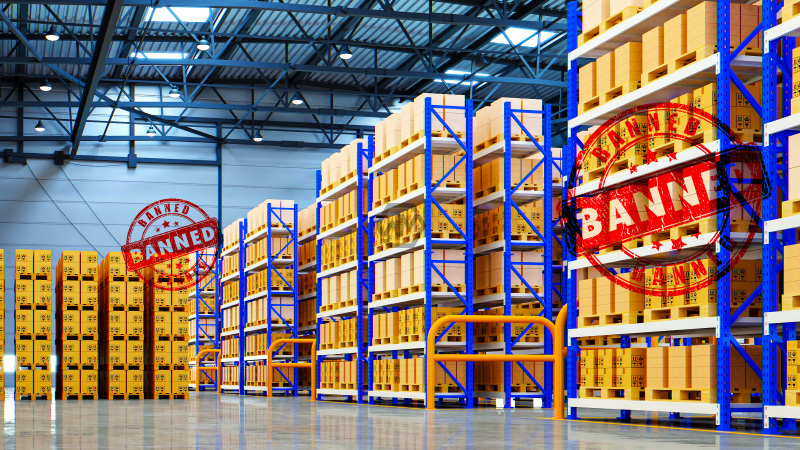Due to Tokyo’s intention to discharge treated nuclear wastes into the ocean, China’s customs authorities announced on Friday that it will prohibit the import of food from ten prefectures in Japan.
The International Atomic Energy Agency (IAEA) has cleared Japan’s long-planned discharge of accumulated water from the damaged Fukushima nuclear site as complying with international norms.
China limits Japan’s food imports
The discharge is anticipated to start this summer, but some of the region’s neighbors are against it, including Beijing, which has openly denounced the proposal, as well as certain residents of Fukushima, notably fishing communities that worry that customers won’t buy their catch.
China’s foreign ministry cautioned of unidentified threats to human health on Thursday and stated that the IAEA assessment cannot be interpreted as a “green light” for the water release plan.
- China bans Japanese food imports due to Tokyo’s nuclear waste discharge.
- Discharge planned for summer; neighbors oppose Beijing and Fukushima.
- 1.33 million cubic meters collected at the Fukushima site decommissioned after the 2011 meltdowns.
Due to safety concerns, China‘s customs authorities announced on Friday that it will “ban imports of foodstuffs from ten Japanese prefectures including Fukushima” and subject products from the remainder of Japan to rigorous radiation testing.
Without providing a list of the Japanese prefectures included in the embargo, China Customs promised to “maintain a high level of vigilance.”
Groundwater, precipitation, and cooling water totaling 1.33 million cubic meters have been collected at the Fukushima site, which is being decommissioned after several reactors had meltdowns following the 2011 tsunami that severely damaged the plant.
TEPCO, the plant’s operator, uses its ALPS processing technology to purify the water, removing practically all radioactive components except for tritium. Over the course of several decades, TEPCO intends to dilute the water before releasing it into the ocean.
China stated on Friday that Japan “continues to have many problems” about the legality of ocean dumping, the dependability of the purifying system, and the thoroughness of the monitoring plan.



